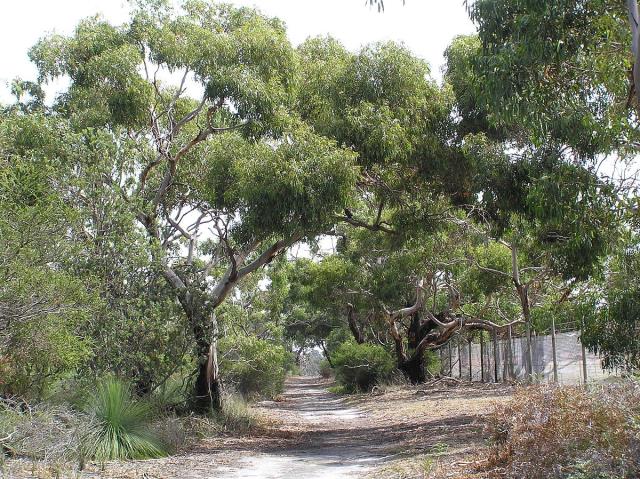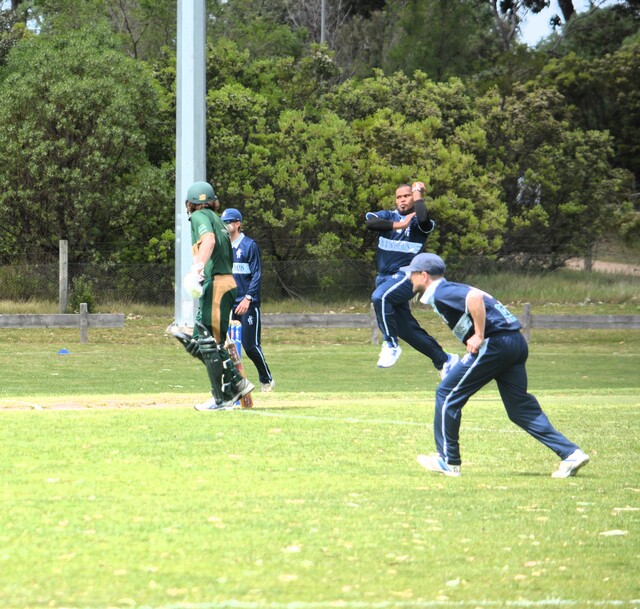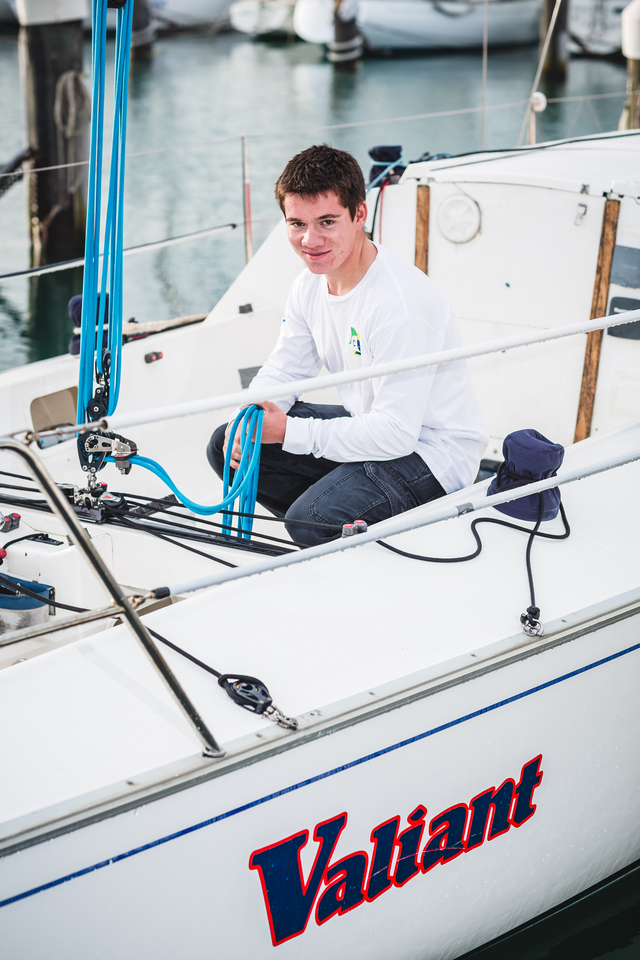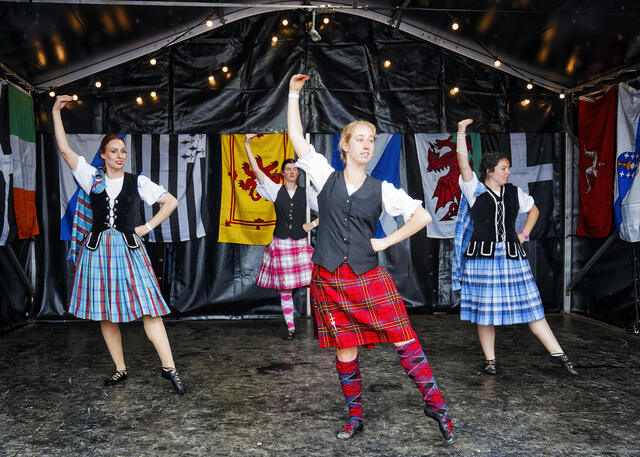Parks Victoria has agreed to extend the public consultation deadline for proposed upgrades to the Ocean Grove Nature Reserve after complaints that the initial process was too short.
Energy, Environment and Climate Change Minister Lily D’Ambrosio opened consultation for $245,000 of upgrades to the main entrance, car park and toilets at the reserve with a deadline of December 30.
But Friends of the Ocean Grove Nature Reserve (FoOGNR) deemed the consultation process was not long enough.
Parks Victoria area chief ranger Stuart Lardner said the deadline had been extended until January 16.
“The design options allow for an increasing number of visitors to the reserve, including schools and bush kinders,” he said.
“The proposed location of the car park and toilets near the park entrance prioritises the safety of visitors.
“It will also allow us to install sewerage connection to the area, rather than relying on septic tanks.”
However, FoOGNR is still concerned that the upgrades, which include a car park for 50 vehicles, will be built closer to the Grubb Road entrance, destroying vegetation in the process.
The FoOGNR committee said in a statement that visitors to the reserve would be better served if the new car park and visitor facilities were built at the current location with a car park extension into the picnic area.
FoOGNR said the new car park near Grubb Road would have a detrimental effect on indigenous vegetation and the toilet block would receive a large increase of patronage by passing motorists and result in an increase of litter.
It also said the new car park will add a further 850 metres to the beginning of the all-abilities Lake and Banskia tracks.
Parks Victoria will hold drop-in information sessions at the reserve on December 18 and 19 from 10am to noon.
Feedback can also be provided via a survey at parks.vic.gov.au/projects/ocean-grove-nature-reserve or by email at engage@parks.vic.gov.au.
Ocean Grove Nature Reserve contains the last remaining woodland on the Bellarine Peninsula as it was prior to European settlement. Home to native species including wallabies, echidnas and lizards, it is a popular area for walking and environmental education.









